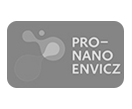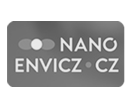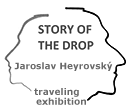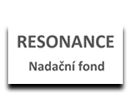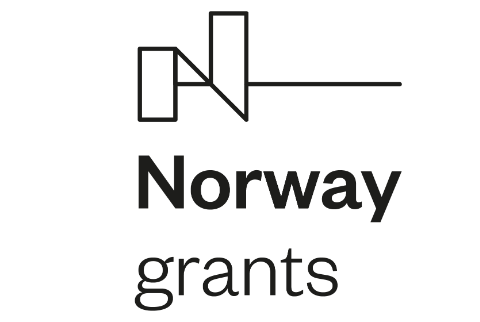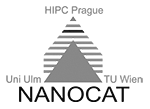2016-06-09 26th Brdička Lecture- from 26th Rudolf Brdička Memorial Lecture (June 9, 2016)
The Institute has organized since 1991 annual Rudolf Brdička Memorial Lectures to commemorate the founder and first director of one of the constituent parts of the present Institute.
The 26th Annual Rudolf Brdička Lecture will be held on June 9, 2016 at 14:00 in Brdička lecture hall of the Institute.
Professor Ferdi Schüth
Max-Planck-Institut für Kohlenforschung
Mülheim, Germany
e-mail: schueth kofo.mpg.de
kofo.mpg.de
Over the last decades, tremendous progress has been made in the control of catalytic materials on the nanometer size scale. This includes tailoring of pore sizes of catalytic materials by different soft and hard templating techniques, size control of catalytically active metal particles by solution phase synthesis of such particles and subsequent deposition on supports, the placement of catalytic particles in desired locations of structured support materials, and the design of solid environments which resemble ligand motifs of molecular catalysts.
A survey will be given on different methods to create defined pore systems in various materials. The placement of catalytically active particles in desired locations of such structured supports will be discussed for several examples. Encapsulation of single metal particles in hollow shells made of zirconia, titania or carbon allows the synthesis of catalysts which are stable against sintering, since individual particles are encapsulated and therefore cannot migrate towards each other, which prevents sintering. This pathway is highly flexible, if the parameters are fine-tuned, and a wide range of catalysts is accessible. Alternatively, if platinum particles are deposited in the mesopores of the shell, the platinum dispersion is thermally extremely stable, and the materials are highly interesting fuel cell catalysts. Ordered mesoporous materials also allow controlled placement of particles in the pores, and the resulting solids are suitable as high performance catalysts and in lithium ion batteries, for instance.
Finally, the synthesis of solids having ligand motifs of the Periana catalyst for the oxidation of methane to methylbisulfate (which can be hydrolyzed to methanol) has recently become possible. Such solids can be impregnated with suitable platinum species, upon which solid analogues to the Periana system result, with comparable catalytic activity for methane oxidation. This concept might be extendable to other catalytic systems so that a new range of solid catalysts could be synthesized.
Rudolf BRDIČKA
(1906-1970)
Professor of physical chemistry at Charles University, founding member of the Czechoslovak Academy
of Sciences, of the Institute of Physical Chemistry of the Czechoslovak Academy of Sciences.
An outstanding electrochemist renowned in particular by his pioneering work on kinetic polarographic current and on applications of polarography in medicine. A brilliant university teacher, author of an internationally recognized textbook of physical chemistry. He has crucial merits for development of modern physical chemistry in this country.
To commemorate his work and personality, the Institute of Physical Chemistry of the Academy
of Sciences of the Czech Republic has organized since 1991 annually a festive R. Brdička Lecture. Invited speakers have been eminent scientists active in some field relating to the research currently pursued in the Institute.











